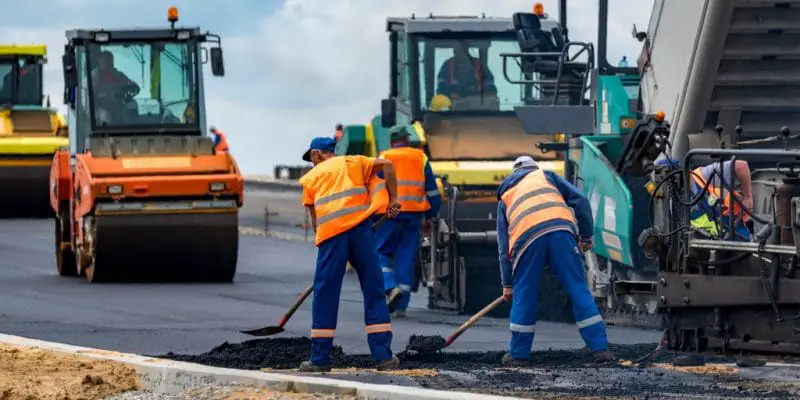Libyan coastal highway project implementation is set to begin sometime next year, between March 20th and June 21st, according to the North African country Ministry of Foreign Affairs. The announcement came after the first virtual meeting of the Libyan-Italian Joint Technical Committee for Economic Cooperation.
Financed by the Italian government as per a 2008 agreement signed between Muammar al-Qadhafi and Silvio Berlusconi as part of the compensation for the colonial era, the motorway project will be executed in four parts by transalpine companies.
A 963 million euro contract for the 400 km stretch from Musaid to Marj was awarded to a consortium led by the Salini Impregilo Group back in 2013. It was also reported that the designs for the Misrata-Ras Jedir sector were complete and a tender was being prepared in readiness for the commencement of the actual construction works.
The Ministry of Foreign Affairs in Tripoli attached great importance to the project to facilitate mobility and commercial traffic between the west and east of the country.
Effects of insecurity to similar infrastructure improvement announcements
There have been several similar infrastructure improvement announcements since 2011 many of which have not been carried out, mainly due to the lack of security in Libya as a result of the civil war raging in the country.
Also Read: Libya: Tobruk International Airport passenger terminal construction begins
The war had become a game of foreign interests on the part of nations interested in Libya’s geostrategic position and oil resources. Important meetings were held between the opposing Libyan parties in Morocco, Switzerland, Egypt, and Libya itself in order to reach an agreement. Major progress was made by the political and military representatives of both factions, leading to an understanding of political and even economic matters. This has enabled certain important activities, such as energy and infrastructures, to be revived.
